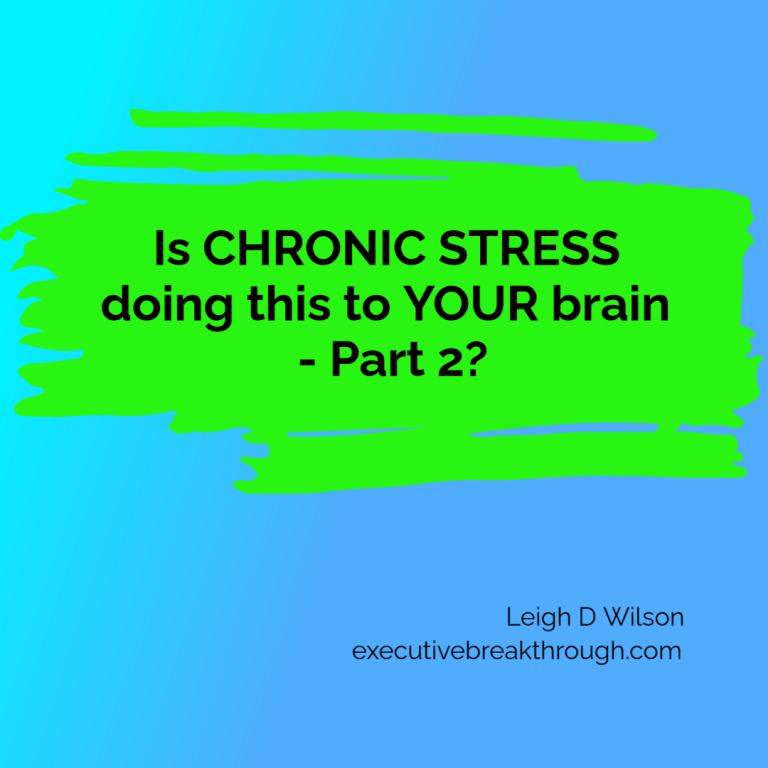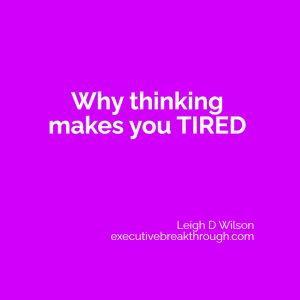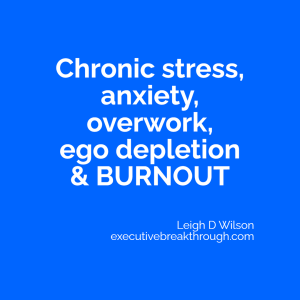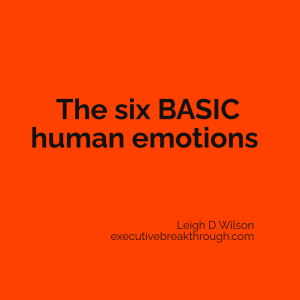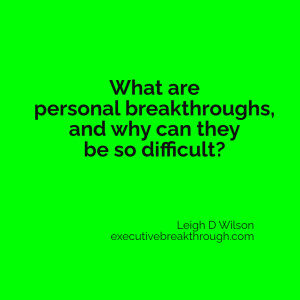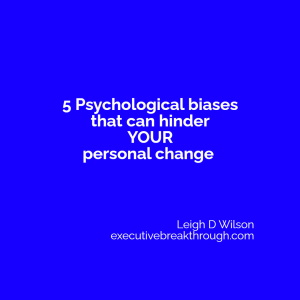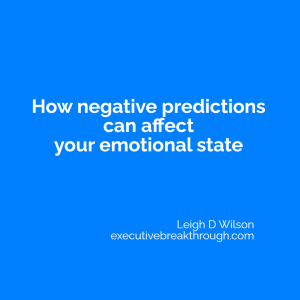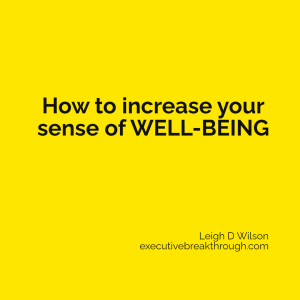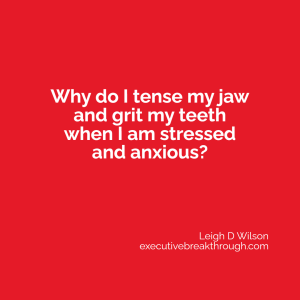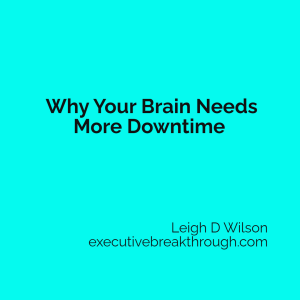Chronic stress isn’t just a one-off villain; it can set the stage for long-term issues like depression, a condition so debilitating it’s one of the leading causes of disability around the globe. If you’ve been depressed once, you’re also at a higher risk of falling back into it, especially when stress re-enters the picture.
How does this happen? Well, it comes down to changes in your brain. Remember that shrunken hippocampus we talked about earlier in Part 1 of this series? That kind of brain alteration is often observed in people with depression, not just those who are generally healthy.
The chemical landscape of your brain also shifts. Serotonin, the mood-regulating neurotransmitter, is thrown out of balance. This is why medications like selective serotonin reuptake inhibitors (SSRIs) are used to level the serotonin playing field for those grappling with depression.
Let’s not forget sleep. Disrupted sleep patterns are a hallmark in many mental health disorders, including depression and anxiety. Stress hormones like cortisol can disturb your sleep cycle, throwing yet another wrench into your well-being. The good news? Resetting your sleep could be a pathway to treating these conditions.
Depression doesn’t just sap your mood; it also impacts your cognitive functions. Tasks like planning, problem-solving, and even how you process emotional and social cues are compromised. And if you’re part of the work force, chronic stress and its effects can lead to burnout, making everyday responsibilities seem insurmountable and ramping up anxiety levels.
In a world of constant stressors, even rational thought takes a hit. Take the global panic that occurred around the Coronavirus. Stress activates specific brain regions, pushing us toward irrational behaviours—like hoarding sanitizers and toilet paper—even when authorities assured us there was no shortage.
To put it simply, stress rewires your brain in ways that can lead to irrational fears and actions, adding yet another layer to the complexity of how chronic stress affects your life. It’s a chain reaction that needs to be broken, and the first step is recognizing the profound impact of chronic stress on your well-being. Stay tuned for the final part, where we will explore strategies to take back control.
If chronic stress is troubling you or holding you back in some way, let’s have a chat. There is every possibility that I can help you quickly let it go, possibly in only a session or two.
Adapted from ‘How chronic stress changes the brain, and what you can do to reverse the damage’, Neuroscience News, 14 March 2020

